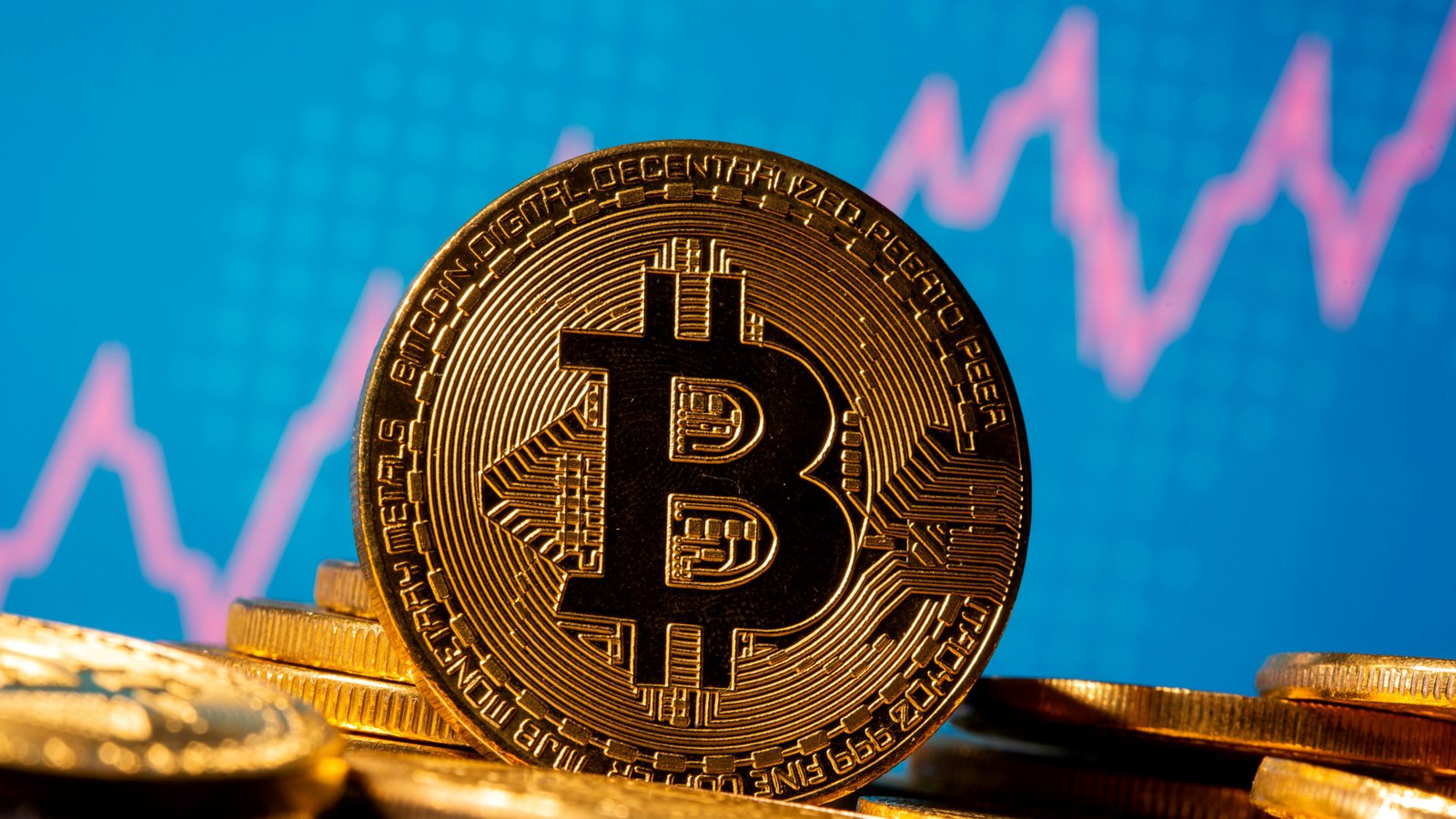The idea of the United States government investing in Bitcoin has gained traction after two proposals were unveiled at the Bitcoin 2024 Conference in Nashville, sparking debate. Both plans, introduced in July, suggest that Bitcoin could complement or even rival gold as a major asset in the U.S. Treasury’s reserves. Former President Donald Trump and Senator Cynthia Lummis have offered differing views on.
Bitcoin’s role in America’s financial future.Trump is proposing that the US stop selling the Bitcoin it already has. The government currently holds about 198,000 BTC worth about $19 billion, seized from criminal activity and often sold to fund law enforcement or compensate victims. Trump argues that holding onto this Bitcoin stockpile would provide a valuable national asset at no additional cost.
Bitcoin vs. Gold Reserves
The US has about 8,134 tons of gold, the most globally. The US financial system relies on these reserves, representing stability and dollar trust. Gold is a “safe haven” asset that holds value during economic or geopolitical instability. Historical uses include currency backing and inflation protection. US Treasury and Federal Reserve hold these reserves. Gold buffers US economic confidence and leverages foreign trade. How would selling this massive gold supply and converting it into Bitcoin affect the US economy?
Bitcoin Volatile Investment
Bitcoin, the most famous cryptocurrency, has replaced gold as an investment. Unlike fiat currencies, which central banks can produce, Bitcoin is decentralized and has a finite number of 21 million coins. Bitcoin is a turbulent yet enticing investment since market demand determines its value.
Bitcoin is newer than gold, but its decentralization, transparency, and inflation protection appeal. Bitcoin’s price varies frequently, and it has had extraordinary highs and lows in recent years, raising worries about its long-term stability and value storability.

Bitcoin as a Future Reserve Currency
Bitcoin may be the future of money, say analysts. Due to deflation and central bank independence, Bitcoin may become a worldwide reserve currency in decades. They recommend selling gold, a falling global asset, for future investments. American-led cryptocurrency, like gold-backed currencies, is recommended. Innovation is another Bitcoin hallmark. Alternative finance could bypass banks and payment networks. Some think much Bitcoin might help the US influence the global economy if digital currencies expand.
Analysts warn that trading US gold for Bitcoin could disrupt the economy. Bitcoin volatility is risky. Bitcoin’s value is unknown, and a market crash may damage US finances. Numerous nations consider Bitcoin unpopular and unregulated. Central banks, governments, and investors trust banking gold. Its value remains constant during recessions, making it a reliable reserve. Financial crises have not tested Bitcoin. Bitcoin did not exist during the 2008 financial crisis, hence it may not cause a global recession.
Challenges in Converting Gold Bitcoin
Converting US gold stockpiles to Bitcoin has practical obstacles beyond economic ones. The US must establish a secure and efficient mechanism to sell gold. The worldwide gold market is enormous, yet selling so much at once might drastically affect gold prices.
Large-scale Bitcoin purchases cause liquidity issues. Bitcoin’s market capitalization is small compared to gold, therefore buying 8,134 tons of Bitcoin might drive up the price and cause a market meltdown. The US government would also have to manage cryptocurrency regulations on taxation, anti-money laundering, and financial monitoring.
Gold vs Bitcoin in Reserves
US gold sales and Bitcoin purchases are part of a bigger discussion of global financial reserves. While Bitcoin is exciting, gold is reliable. As digital currencies gain popularity, countries are investigating their role in the global financial system. Major actions like abandoning US gold require risk-reward analysis. Bitcoin replacing gold sounds exciting, but analysts expect a long transition.
Global reserves may include gold, Bitcoin, and other digital assets for stability, security, and innovation.Selling gold for Bitcoin would be risky for the US. Bitcoin’s regulatory uncertainty and volatility make it less stable than gold. Although Bitcoin may become popular in banking, the US will likely preserve its gold. Finance reform will likely be cautious to maintain economic stability.









